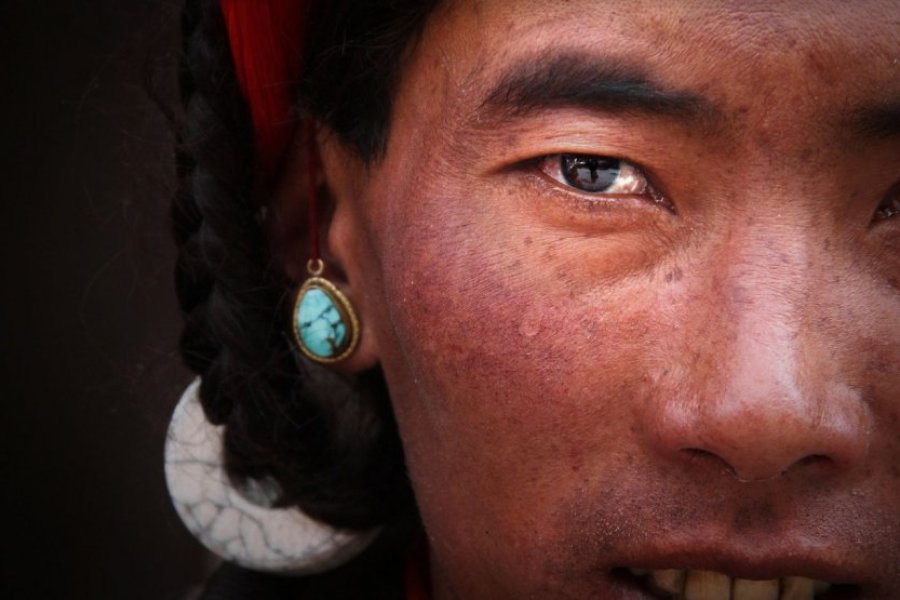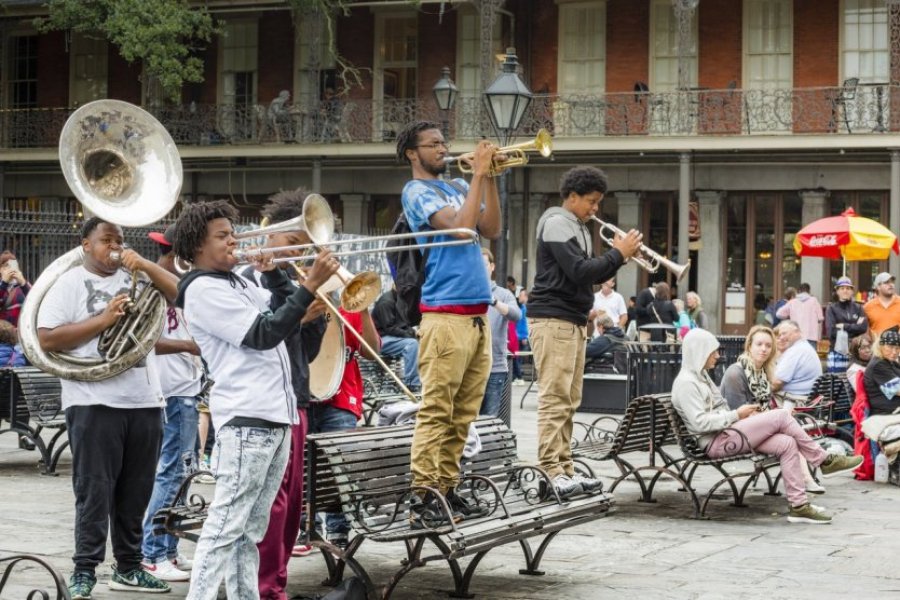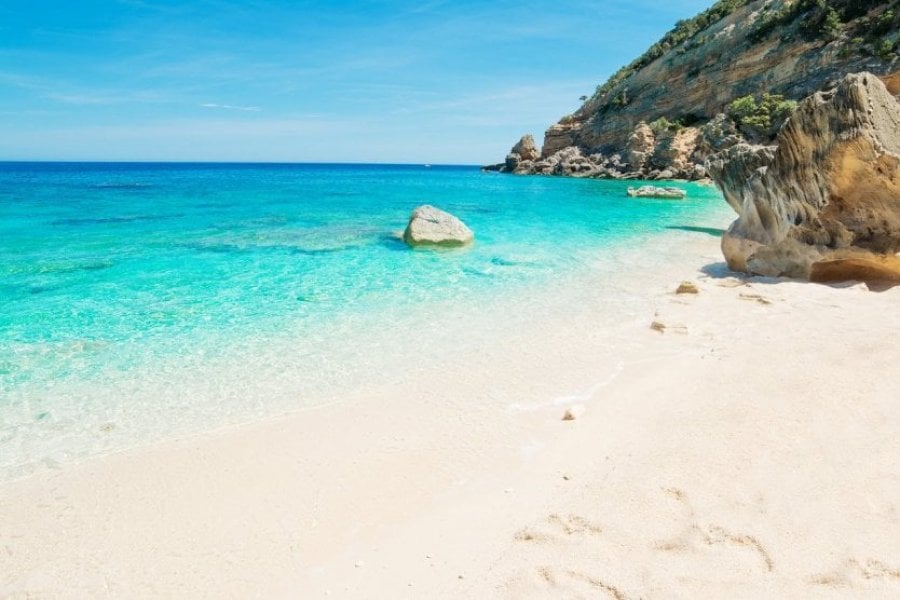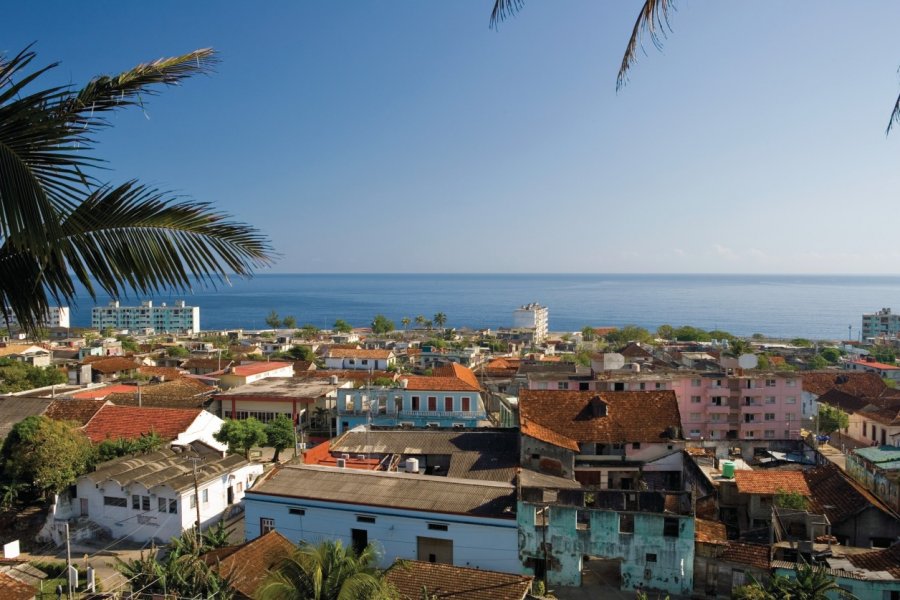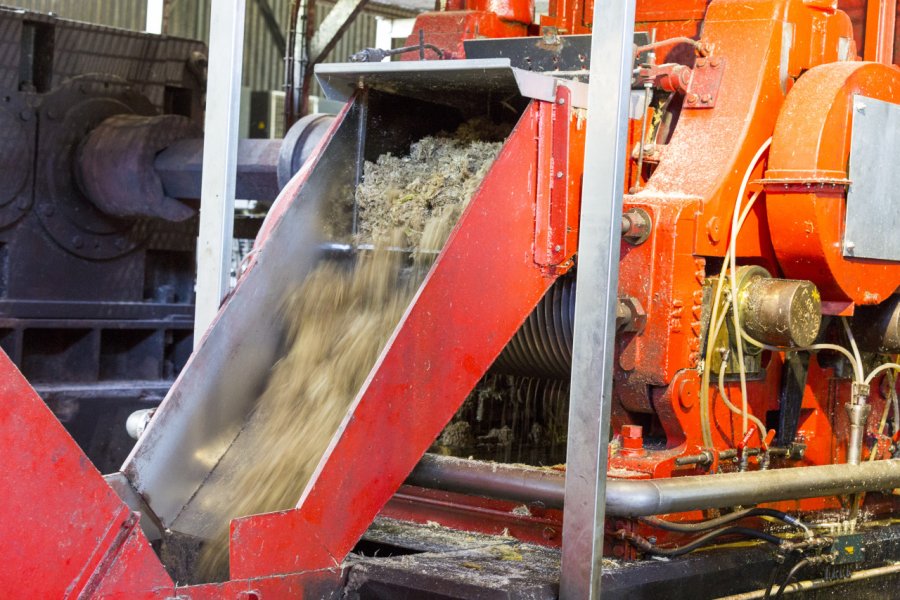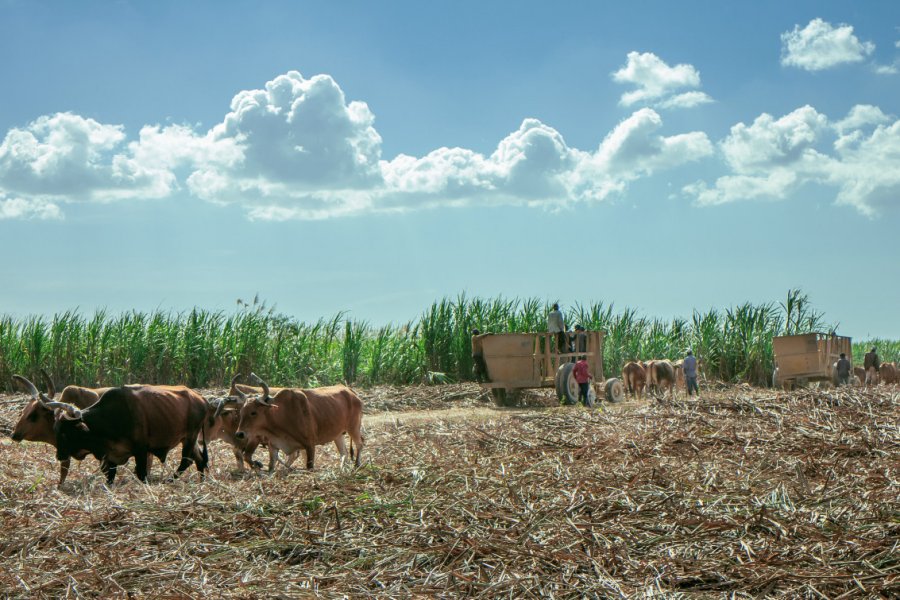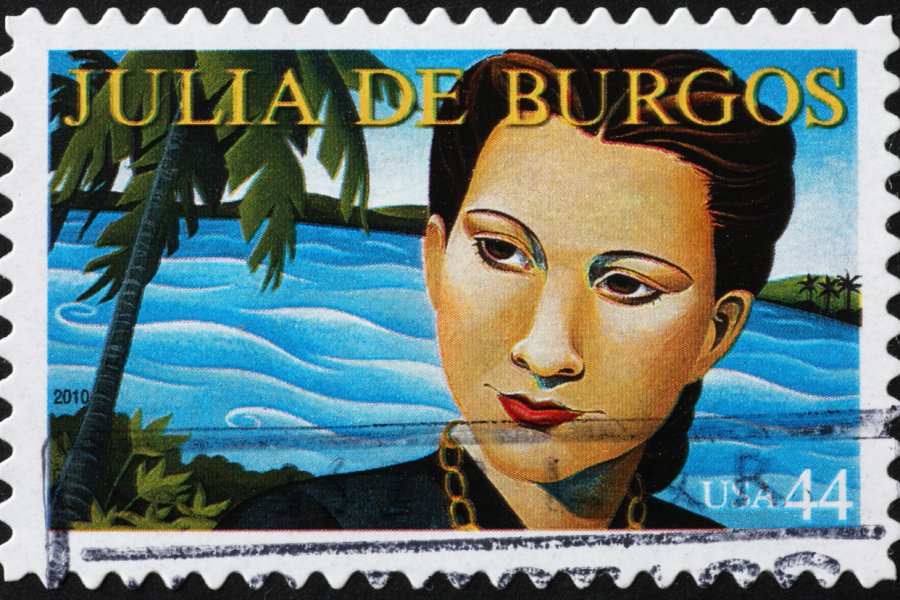Travel guide Cuba
With more than 4,000 km of coastline, Cuba offers a multitude of beautiful beaches with crystal clear waters, from Varadero to dreamy islands such as Cayo Largo or Cayo Guillermo and Cayo Coco. But Cuba is also a country with a fascinating history, just like its cities whose colonial heritage is really well preserved. The Habana Vieja district in Havana, the cities of Trinidad and Santiago de Cuba or the Vinales Valley are listed as Unesco World Heritage Sites because of their countless architectural treasures. It is also the country of the Revolution led by world famous historical figures such as Che Guevara or Fidel Castro... Beyond the postcard image, Cuba is actually more complex than it seems and to really get to know the crocodile island, the ideal is to stay as close as possible to the Cuban population by choosing to sleep in a "casa particular" for example, while following the indications of the tourist guide on Cuba which will be very useful.
What to see, what to do Cuba?
-
Book an activity
-
Customized travel
- The most beautiful cities Cuba
When to go Cuba ?
The best time to go to Cuba is from March to June, this is the high season. From December to January, however, the weather in Cuba is already very nice and prices rise with the end of year celebrations. In July and August, the temperatures remain hot and humid, this is the low season and the prices are much more affordable than the rest of the year. It is also the period of the big vacations for Cubans and most tourists. Big crowds on the beaches of Cuba, in Santiago de Cuba and in Havana where the carnival takes place. Generally speaking, avoid leaving when the cyclonic risks are the highest, i.e. in October. The island is indeed regularly hit by hurricanes and everyone still remembers Irma in 2017.
Suggested addresses Cuba
Travel Cuba
-
Find a hotel
-
Car Rental
-
-5% on travel insurance-15% off travel insurance
-
Find a local agency
Les possibilités d'itinéraires sont très nombreuses à Cuba. En définitive, votre route dépendra du rapport entre deux éléments dont vous disposez : le temps et l'argent, le second pouvant vous faire gagner du premier ! Le temps est en effet une denrée précieuse à Cuba, au sens où le transport peut s'avérer problématique, les services publics étant peu efficaces à ce niveau là. Si les bus de la compagnie Viazul sont fiables et plutôt ponctuels, ils ne sont pas rapides et pas aussi fréquents qu'ils ont pu l'être par le passé. Dès lors, le meilleur moyen de voyager est encore la voiture. Véhicule de location, taxi officiel, vieille voiture (américaine ou russe) avec chauffeur privatisée, colectivo (voiture partagée avec d'autres voyageurs)... A vous de choisir ! Sachez tout de même que si vous disposez d'un temps limité, un véhicule privatisé (avec ou sans chauffeur) est la meilleure option. Voici à présent quelques idées de séjours !
Find unique Stay Offers with our Partners
How to go Cuba
How to go alone
It is easy and safe to travel alone in Cuba, which is one of the safest destinations in Latin America, including for women traveling alone. However, it is advisable to be cautious in large cities such as Havana or Santiago, where robberies can occur, but this is rare. It is possible to travel throughout the country without problems and to organize your travel once in Cuba, no area is inadvisable.
How to go on a tour
Many tour operators and receptive agencies offer trips to Cuba. They are mainly by bus and in groups. Self-tours allow you to cover the whole country in two weeks for a good quality-price ratio. It is possible to make thematic stays mixing seaside resorts and colonial cities with more cultural visits, and not only idleness.
How to get around
The best way to get around Cuba is with the buses of the national company Viazul. Comfortable, they serve the main cities of the country. However, due to the state of some roads and the different stops, the trips can be very long, up to 16 hours between Havana and Santiago de Cuba! To go to more remote areas, it is recommended to hire the services of a private driver in town. Trains, which are very slow, should be avoided and domestic flights are not very safe.
Featured articles Cuba
Discover Cuba
This section has been thought to offer you a transversal and complete vision of the destination. We will learn more about the unique history of this Caribbean island, but also about its geography, its landforms, its fauna and flora. Also, we will try to present the Cuban people through various facets: cultural, artistic, gastronomic, societal, religious, etc... Also, a file specifically designed to help you make the right purchases in Cuba will save you time, while the one dealing with the manufacture of Cuban cigars - which are quite simply among the best on the planet - will undoubtedly make you want to take a trip to Viñales to visit the tobacco plantations, or perhaps give you the idea of pushing open the door of a cigar factory to better understand the workings of this industry specific to Cuba. Have a good discovery!
Pictures and images Cuba
The 12 keywords Cuba
1. Baseball

Baseball is considered the national sport in Cuba. It appeared on the island in the very streets of Havana at the end of the 19th century and has been attracting more and more players ever since. Very soon official matches were organized in Matanzas, before a championship was created in 1914. In 2021, Cuba was ranked 7th in the world!
2. Cabarets
The most famous Cuban cabaret is undoubtedly the Tropicana, in Havana, which is as famous as the Folies Bergères. Mostly located in large hotels, their shows vary from one establishment to another, but generally reflect the Cuban temperament, oscillating between party and sensuality. A must-see!
3. Cigars

Jean-Paul Sartre wrote that jazz is like Havana cigars, it must be "consumed on the spot". And when it comes to tobacco, Cuba has no rivals. Cigar producers benefit from ideal climatic conditions. In Cuba, the cigar is a national monument. One finds there the best equipped stores of the world... and the best prices!
4. Crocodile

Some people see in the shape of the island of Cuba the silhouette of a crocodile... But you will really see them if you walk around the province of Matanzas where one of the largest breeding centers in the world of these green caimans is located. The island even has its own species, the Cuban crocodile, which reaches 3.5 meters in length as an adult.
5. Descarga
The descarga is the French version of a jam session. This meeting of improvised musicians, where each one gives the best of himself, allows to forget his daily life by devoting himself without restraint to the rhythm and to the party. You will easily find descargas during your trip to Cuba.
6. Crossbreeding
For many sociologists, Cuba is an example of successful miscegenation, in that racial tensions are particularly low compared to other American countries. In a country where most religions and origins are mixed, the Cuban revolution has succeeded in virtually eliminating racial antagonisms
7. Beaches
Bordered by the Gulf of Mexico, the Caribbean Sea and the Atlantic Ocean, Cuba offers nearly 4,000 km of coastline for almost as many kilometers of magical beaches. White, yellow or black sand, coupled with transparent and warm water will illuminate your stay. Yes, deserted or developed beaches, happiness has a name: Cuba.
8. Revolution
The word revolution still has meaning in contemporary Cuba. Many cities still bear the marks of clashes between men led by Fidel Castro and the army of former dictator Fulgencio Batista in the late 1950s. Many Cubans maintain that the revolution is far from over and that the struggle continues.
9. Santería

On September 16, 1687, the Church ordered priests in Cuba to adjust African religious beliefs to Catholic practices. The slaves exploited on the island were thus urged to replace the orishas, deities venerated by the Yoruba religion, with figures of Christianity. Thus was born the Santería, which is still prevalent in Cuba
10. Són
Resulting from the Afro-Hispanic fusion, this Cuban musical style combines the rhythm of the two points of the island. The són was first played in Santiago de Cuba by a trio of musicians. Twenty years later, it arrived in Havana, its tempo accelerated and the number of musicians increased to six. Very quickly it is exported, in Europe at first, then in the United States..
11. Time
Time seems to have stopped in Cuba: the American cars of the 1950s, the architecture, the furniture, the fashion... The nonchalance of the Cubans, their quiet walk, reinforces the first impression. Delays are very common and accepted, because if everyone knows when they are leaving, no one can really predict the time of their arrival.
12. Privacy Policy
Privacy is a very relative concept in Cuba. Most of the time, Cubans are forced to live in large numbers under the same roof, but they are very rarely alone. Some Cubans do not even understand the need to isolate themselves from this turbulent and noisy social life. Cubans like to be surrounded by people all the time, even if they are strangers.
You are from here, if...
No matter how unfavorable the circumstances, you never get angry or stormy. On the contrary, you keep your calm and smile. As you know, patience is a powerful weapon in Cuba!
If you are invited to go out, have dinner or dance, you take care to dress appropriately. On the other hand, you never refuse an invitation to drink or dine
You are suspicious when you are offered all sorts of items on the street, especially cigars and rum, at excessively low prices.
You do not drink tap water! You never eat fruits or vegetables that have not been washed beforehand because your stomach remembers the last gastroenteritis.
You never waste anything. The numerous deprivations and periods of dearth have taught you to respect food and drink.
You do not hesitate to shake your pelvis at the first notes of salsa passing by!








